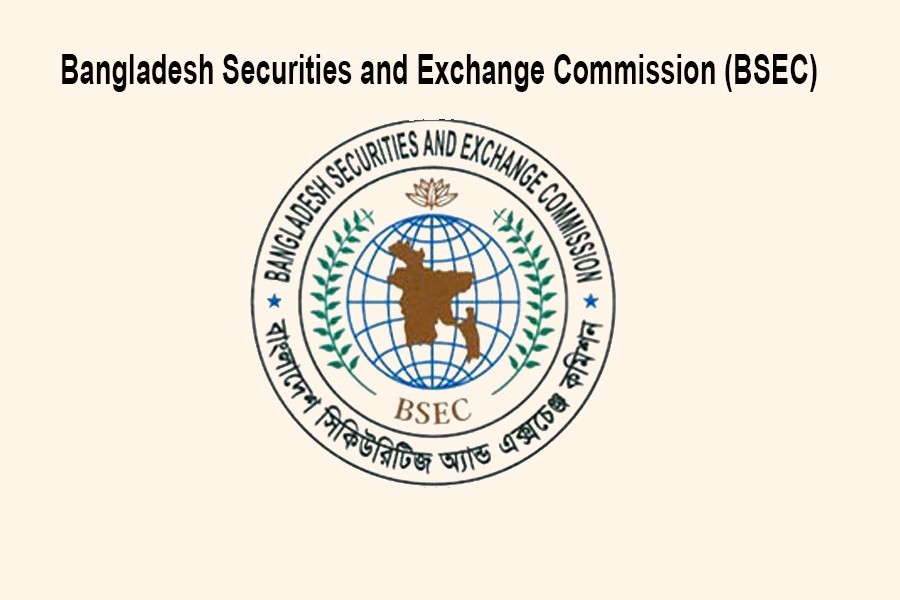The move of the Bangladesh Securities and Exchange Commission (BSEC) to replace the existing over-the-counter market (OTC) by the proposed Alternative Trading Board (ATB) is a timely one. The stock market regulator has recently sought public opinion on the draft of the Bangladesh Securities and Exchange Commission (Alternative Trading Board) Rules-2018.
The proposed ATB would facilitate entry of new items in the stock market and stimulate trading in unlisted as well as delisted securities. The new items may include any equities, corporate bonds, derivatives and open-end mutual funds. The draft ATB rules stipulate that the issuers will apply to the stock exchanges, rather than the BSEC, for permission to trade a share on the alternative board. The issuers in this regard may appoint the merchant banks to submit application.
A bone of contention, however, may centre around inertia on part of a section of the companies currently plying their trade on the main board. These companies, after donning the shirt of main board for years, may deem it a sort of demotion if they are to join a separate board. Both the regulator and the exchanges should devise a practicable and smooth switching and integration plan for the aggrieved companies.
One hopes that the introduction of ATB will boost product diversification in the market and enhance investor connection through the stock brokers. It should speed up substantially the listing of a company. The new Rules would require the exchanges to accept or reject any such application within thirty working days after receiving it. At present this takes more than one year's time.
In retrospect, the OTC market has been an unattractive affair in terms of wooing investors since its introduction on October 01, 2009 as per SEC Directive No. SEC/CMRRCD/2001-16/168. Dhaka Stock Exchange (DSE) Limited initiated its OTC facilities with 51 companies on board, the transaction procedure of which are done as per the Securities and Exchange Commission (OTC) Rules-2001. At present, the total number of securities under DSE's OTC facility stands at 65.
An OTC market provides an alternative to stock exchange listing for securities of issuers that either choose not to be listed with an exchange, or not to meet the relevant listing requirements. A couple of companies-Wata Chemicals and Alif Industries-staged comeback in recent years from the OTC market to the main market. These are exceptional cases.
On the flip side, a number of OTC market companies have in the meantime vanished with the investors' money. A report reveals that at least 11 DSE-listed OTC companies remain untraceable for years with over Tk 2.0 billion from investors' pocket. Regrettably, neither the regulator, nor the bourse is known to have taken the matter seriously. Upon visiting more than half of the registered addresses as referred by these companies, existence of not even a single company was found.
Market insiders say the regulator and the exchanges in such case should increase monitoring so that investors do not lose their money and/or confidence in the market. BSEC may also contemplate the idea of imposing rather tough conditions, like fresh entry in the market, on the consecutively bad performers on OTC board after required scrutiny.
Against this backdrop, the initiative to constitute ATB replacing a rather lacklustre OTC market is a welcome move indeed. The authorities should, however, ensure that all the companies which intend to be listed in the proposed ATB practice good governance. The BSEC and DSE should also have enough authority and manpower to act and investigate whenever a brazen act of irregularity, fraudulence or lack of governance is detected.


